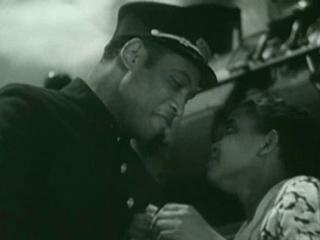

While porters were paid wages, they were among the worst-paid train employees, especially considering that the fees for sleeping car tickets were often double those of regular tickets. Porter tasks included greeting passengers, carrying baggage, serving beverages and food, cleaning cars, making up sleeping berths, shining shoes and ironing clothes. W hite passengers, instead of calling the porters by name or by “sir”, addressed them as “boy” or “George”, continuing the racist practice of naming a slave after his master. Pullman’s first luxury car, “The President”, was touted as a “hotel on wheels”-a sleeper car with a full kitchen and dining car attached, and impeccable service provided by Black staff. Shortly after the Civil War, industrialist George Pullman began hir ing dark-skinned Black men-many of whom were freed slaves-to attend to the needs of white passengers on his newly minted, opulent train cars. In an era when rail reigned transportation, the African-American porter workforce helped define luxury train travel. For almost a century, Pullman porters worked the sleeping and dining cars that gave white travelers an extravagant riding experience. Pullman porters, who were almost exclusively Black men, are also recognized for their role in developing the Black middle class and advancing civil rights.


 0 kommentar(er)
0 kommentar(er)
